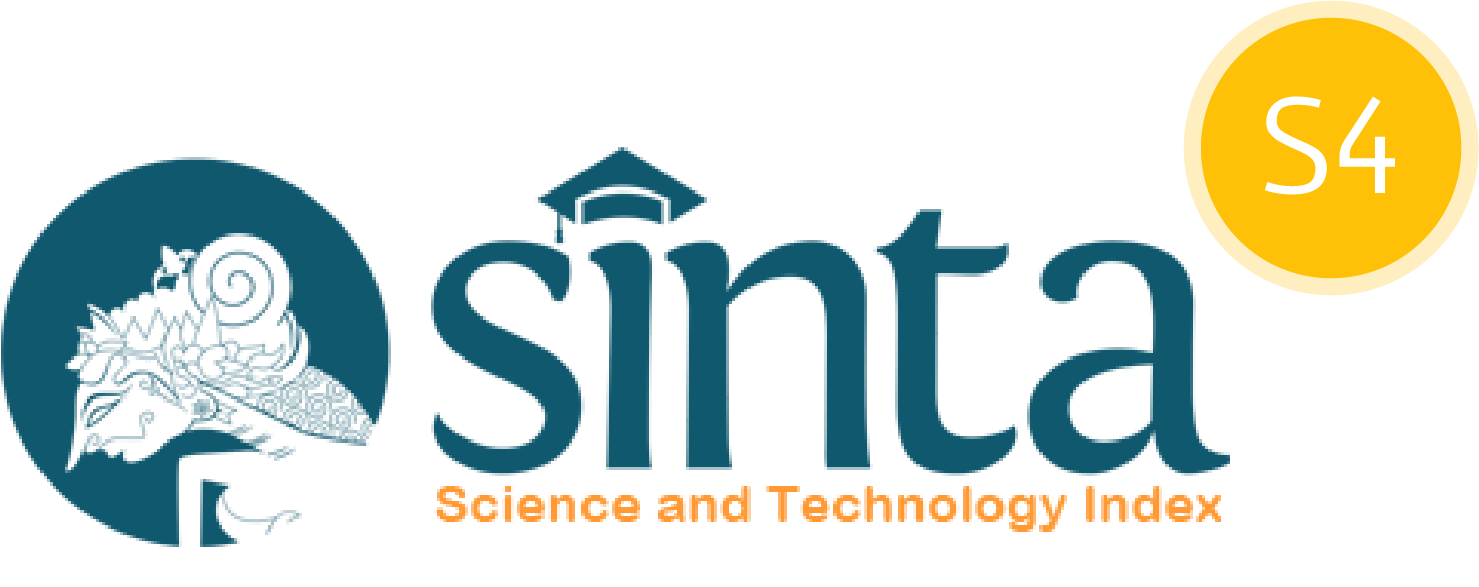Penerapan Teknik Random Oversampling Untuk Memprediksi Ketepatan Waktu Lulus Menggunakan Algoritma Random Forest
DOI:
https://doi.org/10.31294/coscience.v4i1.1996Keywords:
Prediksi, Ketepatan Waktu Lulus, Imbalanced, Random Oversamping, Random ForestAbstract
Punctuality of graduation is something that students yearn for, besides being important for students, punctuality of graduation is also very important for universities, this is because the aspect of student graduation is one aspect of assessment in an institutional accreditation process of a university to show its quality. One of the obstacles faced to find out whether a student can graduate on time or not is because the study period cannot be detected early, this will have an impact on late student graduation. To analyze this, a lot of research was conducted on the accuracy of student graduation, through the cumulative grade point average (GPA) obtained by students during their studies. This research on the prediction of student graduation timeliness uses a random forest algorithm model. The data used in this research object has an unbalanced number of data classes, to overcome this, a random oversampling (ROS) resampling technique is applied and also applies Split validation or division between learning data by 50% for test data and 50%. To evaluate the model built, the author uses evaluation metrics such as accuracy, recall, and precision. The results of the study showed that the proposed model can well predict compared to other models, namely with the results precision of 87.05%, accuracy test values of 90.04%, recall of 90.04%.From these results, it can be interpreted that the random forest algorithm is considered good in predicting the timeliness of a student's graduation
Downloads
Published
Issue
Section
License
Copyright (c) 2024 Sri Diantika, Hiya Nalatissifa, Nurlaelatul Maulidah, Riki Supriyadi, Ahmad Fauzi

This work is licensed under a Creative Commons Attribution-ShareAlike 4.0 International License.


















